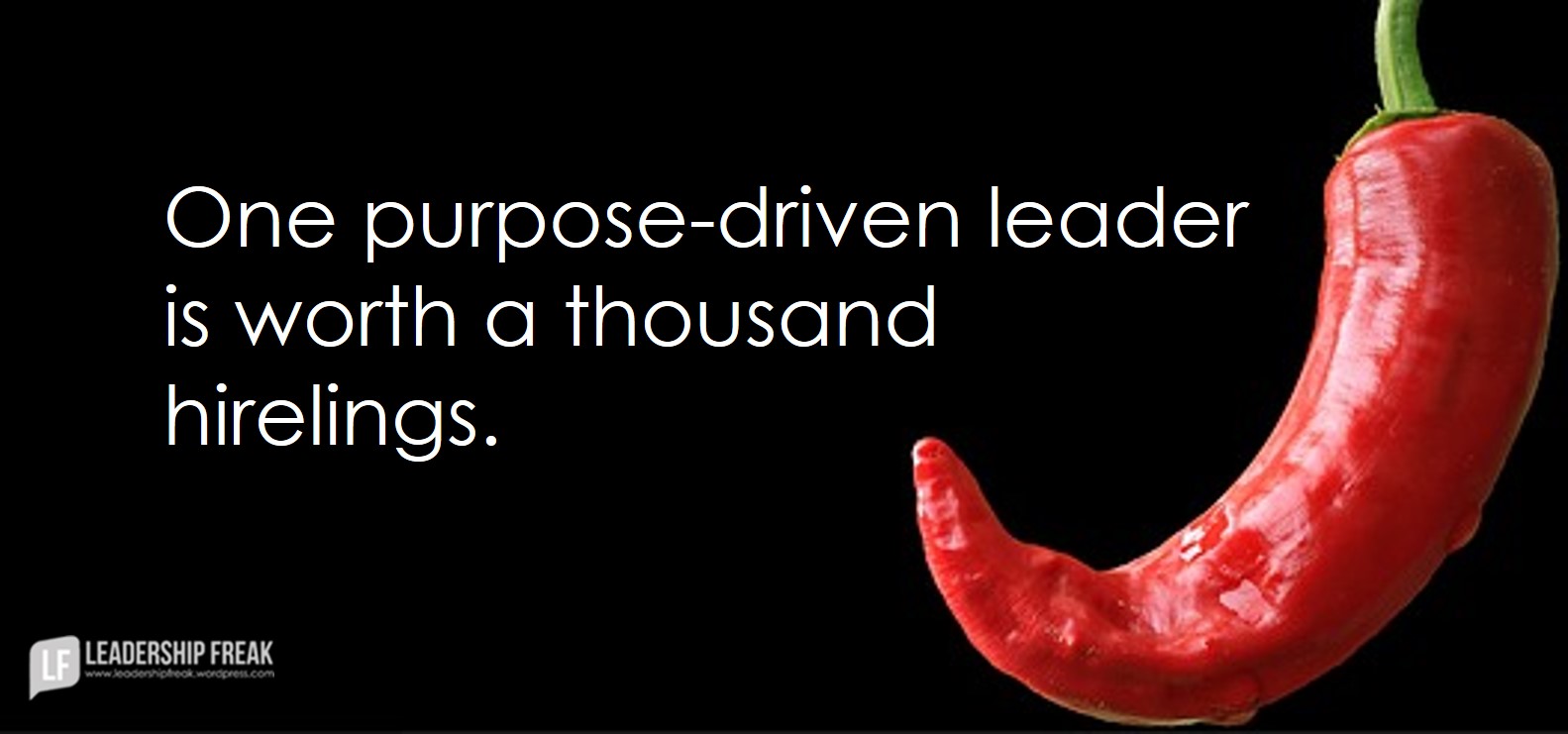
As mentioned the other day, I'm focused upon purpose-driven banking these days. I guess this theme has come to the fore because of digital transformation, as the two seem to go hand-in-hand, and it sits at the heart of leadership. These themes were reinforced for me when Jim Marous sent me a report from MIT Sloane Management Review talking about leadership, digital transformation and purpose. It sits so well with my own experiences that it's worth sharing a few short headline paragraphs here. Enjoy!
Leadership’s Digital Transformation – Leading Purposefully in an Era of Context Collapse
“All of us have to rewire ourselves for a new way of leading. What’s the purpose of work? What kind of obituary do we want to have? What’s our calling? For many years, we cut off our head from our heart and our soul.” Brito suggests that his new leadership orientation, which goes well beyond metrics like productivity and efficiency, has been driven as much by perceived necessity as by choice. “I’ve been CEO for 15 years, and the initial part of my time as CEO was much easier because it was purely about the business,” former Best Buy chairman and CEO Hubert Joly says. “You had to deal with your consumers, with your retailers. But now it’s broader — it’s about sustainability, it’s about race, it’s about inequality, it’s about politics. It’s everything.”
In our recent global survey of more than 4,000 managers and executives, 72% of respondents strongly agree that it is very important to them to work for an organization with a purpose they believe in, but only 49% strongly agree that they believe in their organization’s purpose. Furthermore, only 36% of respondents strongly agree that they believe in their organization’s ability to advance its purpose.
88% state that having a critical mass of digitally savvy leaders matters, to a great or moderate extent, to their organization’s ability to win in the future, yet most companies are not activuley nurturing or mentoring digital skills.
Anecdotal and hard evidence overwhelmingly suggest that talented digital natives bring their own values, norms, and expectations to work. Digitally savvy workers’ talent and values appear to be tightly interwoven; obtaining their talent without their values is unlikely. But acquiring their talent and their values creates significant cultural and operational challenges for leadership. If those challenges are not thoughtfully and credibly addressed, that talent will rebel and/or leave.
Recommendations
Champion Purpose as a (Re)Organizing Principle. Having a compelling mission statement isn’t enough. Serious leaders must appear as genuinely passionate about enterprise purpose as they are about strategy, agility, and customer centricity. The key is to authentically embed and enable purpose as part of the organization’s digital transformation trajectory. Purpose thus has an operational as well as an aspirational rationale that invites new leadership accountability.
Taking purpose seriously pushes leaders to publicly take these steps:
Actively communicate a strategic purpose that explains what the enterprise is trying to achieve in terms of both productivity and humanity. Leaders should articulate and elicit purpose-driven narratives. Digital talent wants this. Brito’s pursuit of purpose as an organizing principle began at a global employee town hall with a question he couldn’t answer from a young associate, who asked, “What would the world miss if AB InBev did not exist?”
Intentionally and systematically measure pursuit of purpose. Rather than appointing a chief purpose officer, companies should consider adopting the equivalent of a Net Promoter Score — a Net Purpose Score — to assess engagement and guide experience design around purpose. These metrics — key purpose indicators — should be an intrinsic part of the digital platforms and processes that create value for the company. They should be part of both individual and team performance reviews.
Be transparent about trade-offs. When does purpose take precedence over profit? Under what circumstances, if any, does profit trump purpose? Similarly, when stakeholder interests inevitably conflict, does purpose or strategic intent tip the leadership balance? Context collapse complicates this dynamic: Rival stakeholders will surely use digital media to call out controversial leadership interpretations of purpose-driven decisions. Visibility gives stakeholders an idea of how leadership expects its positioning on purpose to be understood.
Chris M Skinner
Chris Skinner is best known as an independent commentator on the financial markets through his blog, TheFinanser.com, as author of the bestselling book Digital Bank, and Chair of the European networking forum the Financial Services Club. He has been voted one of the most influential people in banking by The Financial Brand (as well as one of the best blogs), a FinTech Titan (Next Bank), one of the Fintech Leaders you need to follow (City AM, Deluxe and Jax Finance), as well as one of the Top 40 most influential people in financial technology by the Wall Street Journal's Financial News. To learn more click here...





